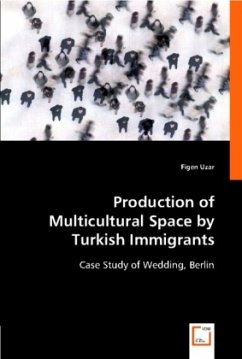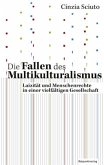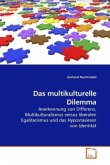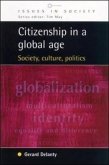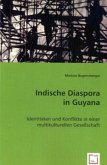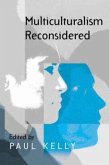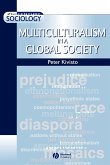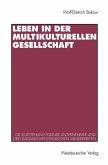This study aims to show different ways of using space by immigrants from Turkey in Berlin which have led to the production of multi¿cultural space, which is actually a hybrid configuration. In this produc¿tion process, Turkish immigrants, as "social bricoleurs", employ multiculturalism as one of their tactics of everyday life in order to turn the "conceived space" of the authorities into their "lived space". The result is a number of spatial arrangements which occur through the appropriation of space by certain groups of Turkish immigrants accor¿ding to age and gender. Case study of a neighborhood of Berlin, which is Wedding, and a street in this neighborhood, Badstra¿, are used in order to illustrate this thesis of the study. It can be useful for anyone who wants to read a critical overview of multiculturalism and its effects on the "immigrant space".
Bitte wählen Sie Ihr Anliegen aus.
Rechnungen
Retourenschein anfordern
Bestellstatus
Storno

